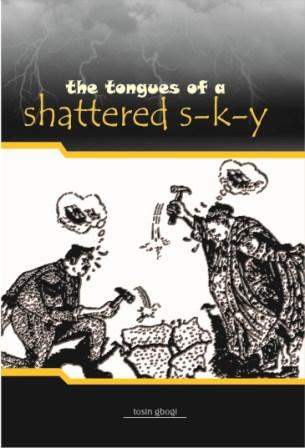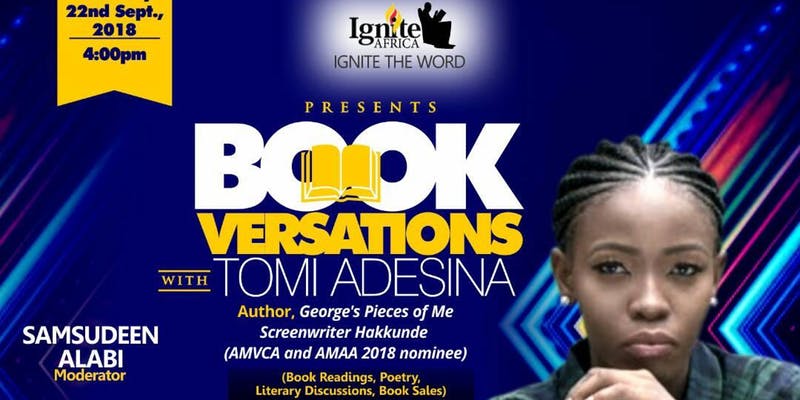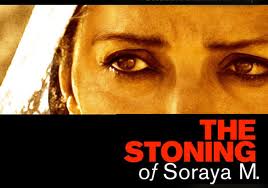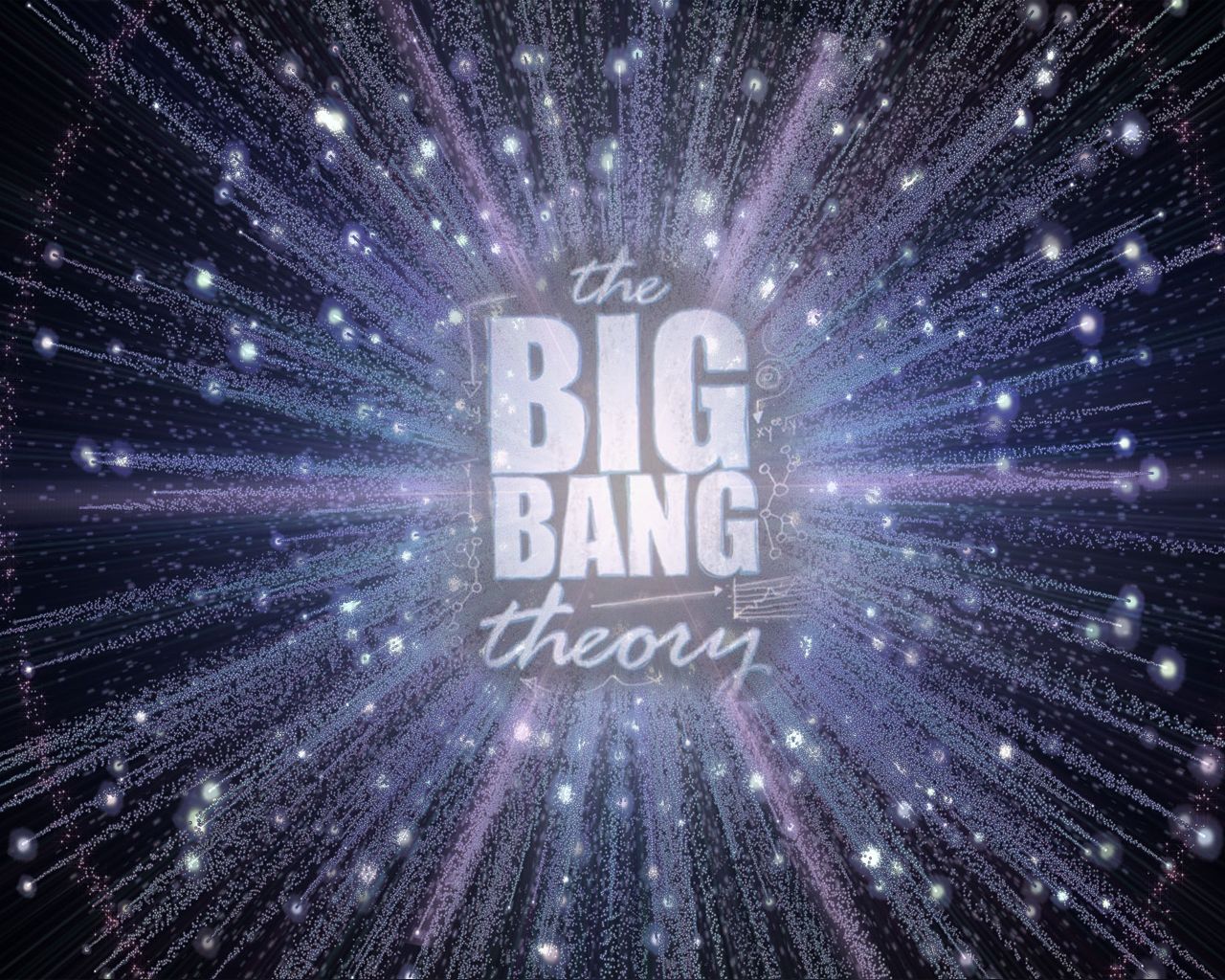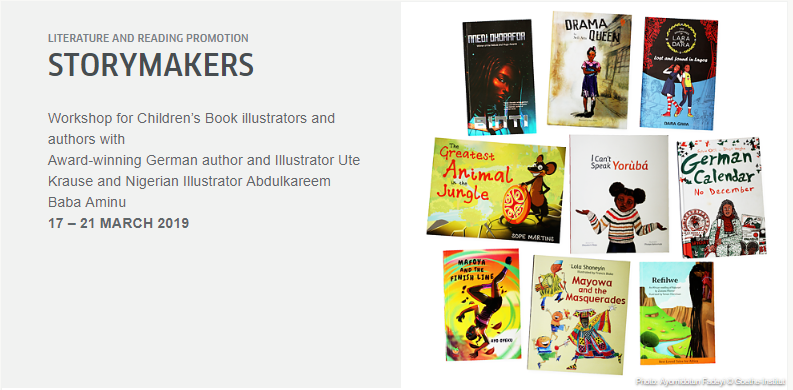The Onitsha market literature holds the legacy of birthing the Macmillan pacesetter series — a series introduced in 1977 for young adults, publishing the bulk of the novels between 1977 and 1980. Dominated mainly by Nigerian authors, interspersed with a few Kenyans, South Africans and Ghanaian authors, they produced titles such as: ‘Evbu, my love’, ‘Mark of the Cobra’, and ‘The End of Dark Street’. It also shot into popularity the names of Agbo Areo, Chuma Nwokolo, Kalu Okpi, Helen Obiageli, Cyprian Ekwensi — who can be suitably referred to as the progenitor (for ‘father’ may incur or elicit verbal, cum written invectives and perditions) of the genre – among others. These writers’ style became the bedrock for the birth of the popular novel, which conscripted some readers into the foray and inexhaustible world of reading, with their crime thriller and romance genres, even without mentioning the fact that it forever glued some to reading as a compulsive and compulsory habit and hobby.
The West has it all – popular and serious literature. Surprisingly, they also boast of a horde of writings on issues considered taboo or anathema to the African clime and mores; say for instance erotic literature. All thanks to Brittle Paper, which started something of such, and some other magazines which, despite all odds, are still waxing strong in the erotica writings, to mention explicitly the penis is an invitation to disgust and alarm.
John Grisham reigns in his own world. My boon companion, who is steadily turning into a maestro in the media world, would kill for his Grisham. I’m even sure he may go for Grisham over some serious, so to say, texts. Dan Brown, Sidney Sheldon, Mario Puzo and James Hadley Chase among packs of popular novel writers are a world on their own. And, lo and behold, they command wide readership home and abroad. The same way Ernest Hemingway, Sinclair Lewis, Tomas Tranströmer, William Faulkner, Patrick White have their own audience, as the heaven is quite wide enough for all feathered to fly — and the earth, large for non-feathered to walk — without hindering the free movement of others. They all have their audiences and also prizes relevant and suitable to their writings.
My apologies for referencing the West, who, in all our dealings and sense of propriety have provided the model we emulate both in form and (dictated) content. However, before the chicken comes home to roost, it must peck out first. Nigerian literature is no doubt one of the most, if not the most robust, on the African continent, having been at a boastful end of providing the rite of passage into Nobel reckoning; despite having produced two others from South Africa and the one that makes the fourth laureate in Africa from Egypt (albeit, he is one who we stylishly ignore till such times as when the names of literature Nobel winners in Africa feature in our discussion).
As all have been laid bare, now, the reason for all this agitation must surface. Where are the popular literary writers and where have they all gone to? Into oblivion or perhaps hiding under the ignominy of the so-called or so-labelled serious writers? There has been no readily available or supplied answer to the above questions that plagues my mind and others of like minds who miss the good old days of the Pacesetters Series, for instance. These are works that can be placed, in comparison –and by all standards — with the James Hadley Chase of this world. Or, do we compare Chase to Soyinka? None can be said to be a better user of the language than the other. (A piece of advice: avoid headache thinking of this for ‘wailers’, who love to wail more than the bereaved will stand at attention and cry their throat hoarse to negate this point). Let’s eschew the seriousness or unseriousness, so to say, of their work and face the use of language espoused in their writings. In the other way round, what’s even the seriousness that makes a work popular and others serious? Aren’t evil, gambling, racketeering and murder, and killing, among others, pervasive in existence as the self-killing [suicide, it is, to those not ingrained in the culture therein the text] of Olunde (which may be considered spurious, as some events considered popular in Chase?) Meanwhile, at literary festivals in the country, the writings are all tilted towards writing conventions — maybe to win prizes, for there are none for the popular writers. Thereby, leaving popular writings to neophytes who cannot even grapple with words to describe events; leaving no room for worthy comparisons.
Read ‘The End of Dark Street’ by Dibia Humphrey and tell me if he is surpassed by Akin Adesokan, Maik Nwosu, etc who we celebrate and thereby cast the likes of Humphrey as not a writer but a popular novel writer. And, most of these writers, surprisingly, pay glowing tribute and accolades to the writers in the category being agitated for in this essay. Now, I wonder why same cannot be reciprocated. While we mourn with torrents of tears, should we not also endeavour to see? Kudos is therefore given to the author of ‘Satan and Shaytan’ who was able to cast us back into the Onitsha market literature style of writing. Though, he still needs some reworking to perfect his popular novel writing skills, his talent and work should be applauded, notwithstanding.
Popular writings cannot be said to possess the probable essence of a serious piece. If this be so, why do we willingly suspend our disbelief in drama when same pass for real or film trick in a film? So, the probability lacking in the popular novel can also be a tool for our willing suspension of disbelief. But, to also ask, aren’t there happenings described in the so-called novels real too or are there no one we place and assume perfection to, as perfection is being behoved a character in some of these novels?
Were I to be gifted with creative writing skills, I would–with all joy to the world–join the fray of the popular writers and dish wonderful improbable stories to my audience. Is pleasure no more the first condition of literature? This isn’t echoing the art-for-art’s sake mantra, but a plea and agitation for the resuscitation and rebirth of popular novel in Nigeria. It could, also in a way, help to rekindle and return to the book thumping, this social media-centric world.
Read about the division of the egg heads at the University of Lagos on the award of the Nobel to Bob Dylan and you would know that Fela’s art can also be considered for the literature Nobel Prize. Bob Dylan winning the Nobel has not nullified the Nobel in the eyes of the world. It is a confirmation of the fact that one should practice one’s arts, irrespective of whose ox is gored.
Now, there is no borderline between popular literature and the so called conventional ones. If Bob Dylan can win the greatest and most popular literary prize in the world and in existence; shocking the serious readers and writers, ranking him at par with the Almighty Soyinka et al of the globe in literature, who says Sheldon would not someday emerge the next Nobelist? (But for the cancellation of posthumous acknowledgement).
Writing like a Soyinka wasn’t what gave Toni Morrison and Nadine Gordimer et al the Nobel. This is saying writers in our clime should be more dynamic and creative and not stick to only serious writing. We lament the absence of a reading culture among our people. And when they begin to reel out lamentations, we go on complaining that they read popular novel. Should one not start from somewhere? Must we continue to blast new writers with moralist cauldron despite having not written a dime or the dime is not even worth discussing?
In a note of conclusion, I would like to be enlightened. Were we not told and taught in school that the greatest of all the English writers and all of the writers in English as a medium of communication was termed a popular writer in his time (with contemporaries like Ben Johnson, Sir Walter Raleigh, Christopher Marlowe etc., considered more serious)? If this is the case, then the question is: Has the improbability been proved probable with time? Let me confine my sense of bewilderment to a grin and await a probable answer.
Meanwhile, Mukoma Ngugi, in Rise of the African Novel, has a solution, which is apt in its thorough consideration:
There is no reason why for example an African literature survey course cannot start with early African writing, the Makerere and post Makerere writing while including popular fiction. The more borderless we allow African literature to be in terms of its literary history, languages and genres, the richer the African literary tradition. The literature exists; it just needs critical attention. In the end though, what lies at the heart of it all is the kind of African literature and tradition we want. Frantz Fanon in The Wretched of the Earth concludes by pleading with Africans to not follow Europe through imitation into the abyss of constant wars, conquest and dehumanization, into the betrayal of humanism. Nonetheless, this does not imply that our literature should be so straight jacketed and strict that it should refuse all implorations towards bending to new dimensions and style.
Nurudeen Aribisala is a graduate of Literature-in-English from Lagos State University.
He is currently based in Lagos; after leaving Bookcraft limited where he served as editorial assistant, where he plies his trade: Writing, at any given moment; Editing, now with Quramo Publishing; and Teaching, whenever the time permits. A versatile and compulsive reader who aspires the triumvirate: critic/editor, columnist and professor of African literature- in- English.

